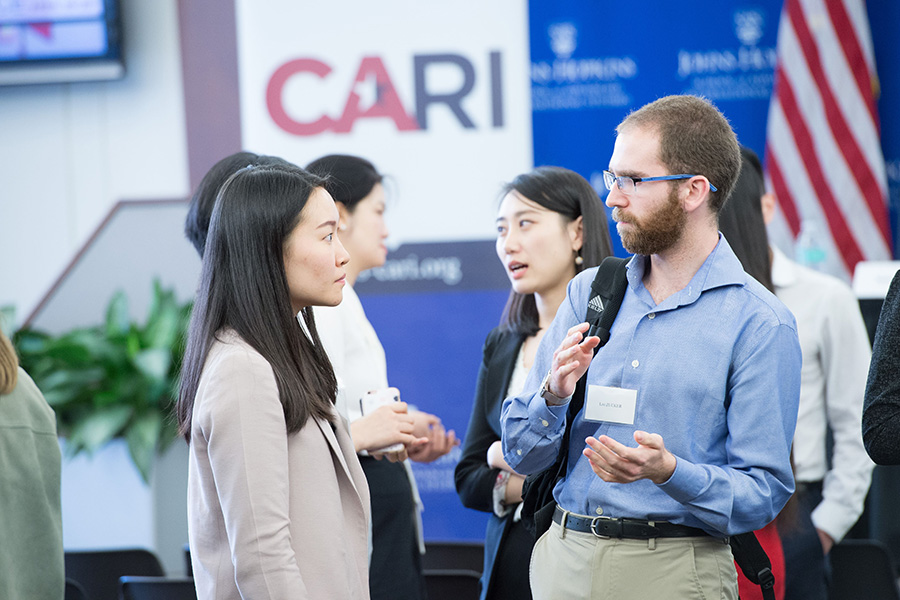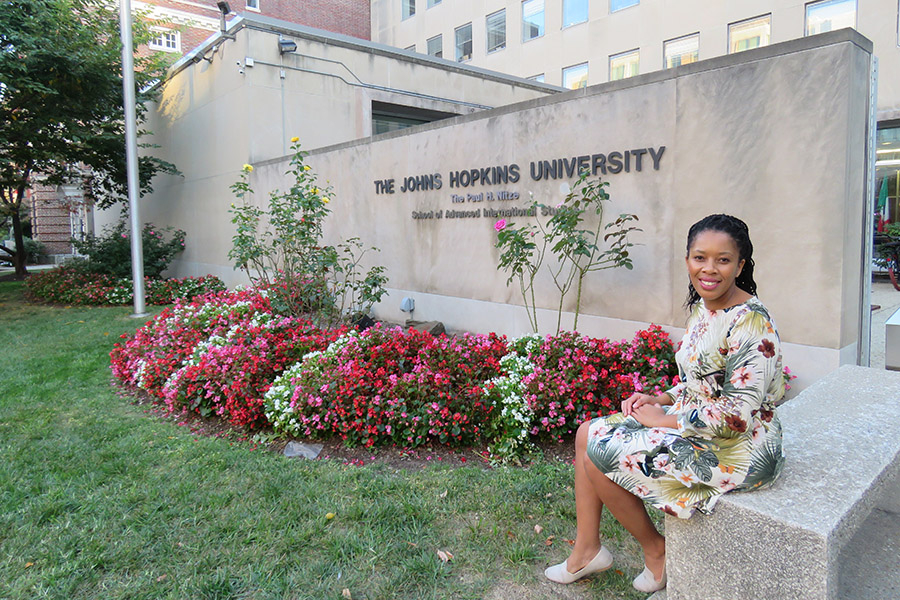Certificate in International Development
Overview
The Certificate in International Development incorporates an interdisciplinary approach to the study of developing countries. Gain the skills and knowledge to conceptualize issues through social, political, economic and environmental aspects of development.
Program Duration
You will have the option to complete the four-course certificate either full-time or part-time. Accelerated certificate students enroll full-time in the fall or spring and complete all four courses in one semester. Part-time certificate students can enroll in the fall, spring, or summer term and can complete the four courses in any time frame.
Requirements
- Comparative Politics
- 3 Electives offered by or cross-listed with the International Development or Development, Climate, and Sustainability departments



